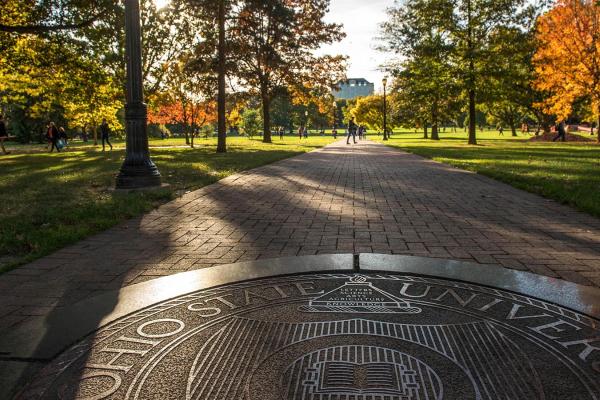Colorado: First battleground of green IP

When I last wrote for the TPS blog, I observed that anyone interested in the intersection of plant science/biotech and current events in intellectual property will eventually find themselves reading about the emergent “cannabusiness” industry that is flourishing in the wake of widespread legalization. I wrote that I was surprised to see patents and trademarks being filed with the US Patent and Trademark Office (USPTO), and therefore decided to keep tabs on the developing IP face of cannabis in case unexpected headlines surfaced in the coming weeks and months.
The headlines did come, and since my last post in August the first patent lawsuit of the cannabis industry has been filed. This, in and of itself, made headlines; all patent litigation is administered by the federal government, and- while it’s hard to be sure- I certainly can’t come up with another example of a patent infringement lawsuit being filed to federal court while the patented object of interest is federally outlawed. Hot-takes aside, United Cannabis Corporation has filed suit accusing Pure Hemp Collective Incorporated of infringing on their 2014 patent (US Patent Number 9,730,911). In the suit, the plaintiffs assert that they have patented “various liquid formulations” of chemicals extracted from cannabis plants, and that the defendants are currently selling cannabis extracts containing “cannabinoid formulations” that are the same as those claimed in the patent.
A few things could happen next. Here’s the three most interesting possibilities: the first and simplest possibility is that the federal court in Colorado throws out the case, citing the unimpeachable point that cannabis remains federally illegal. This would create uncertainty throughout cannabusiness, as it implies that as long as cannabis is illegal, the federal government will grant and administer- but not defend- cannabis-related intellectual property. The next possibility is that the court finds in favor of the defendant. This would likely occur in the event that the court invalidates the patent and asserts that it is too broad. This would mean that the defendants, and any other company developing similar products, would be free to market those products with less fear of an infringement lawsuit.
The final possibility is that the case proceeds and a federal judge rules in favor of the plaintiff, which will in the short term mean that Pure Hemp Collective Inc. will be forced to cease infringement of the patent (i.e. selling the patented products) and pay for damages (i.e. account for any revenue lost through the unlawful competition presented by their product). In the long term, a ruling for the plaintiff may affirm that their patent is valid and enforceable. Such an affirmation of United Cannabis Corporation’s patent would be a warning to other cannabusinesses, indicating that future patent infringement cases might go the same way as the current one.
In either of the latter two possibilities, fallout from the court’s decision will have a sizable impact on the nascent cannabis industry. It’s not clear exactly where the case is at present in terms of making its way to trial, and indeed there is no guarantee that the case will ever proceed to trial if the companies reach a settlement beforehand. However, in the event that there is no settlement and this IP circus makes it all the way to trial- who wants popcorn?
Useful links:
Google Patent - US9,730,911
UCANN v Pure Hemp Collective Inc
Written by TSP Fellow Alex Turo
